A New Threat to the Global Auto Industry Has Emerged from China Again: Even They Don't Know What to Do
AlixPartners warns that China is producing five times more EV batteries than the market actually demands
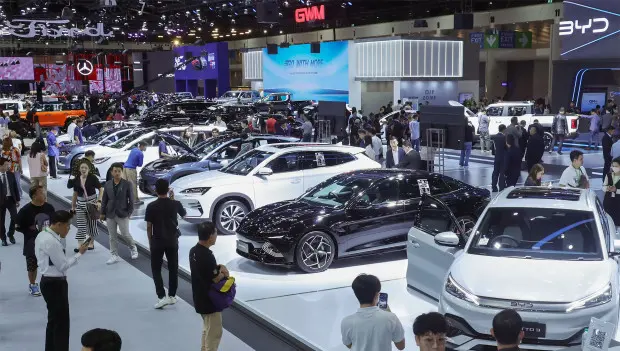
AlixPartners is sounding the alarm: China is manufacturing electric vehicle batteries at levels five times higher than real demand. This oversupply poses serious financial risks for automakers, threatens investment, and raises the possibility of bankruptcies.
Analysts at AlixPartners highlight a worrying trend: the global EV battery market is entering a phase of serious “bubble-like” conditions. In China, where giants like CATL and BYD account for more than half of the world’s battery production, output far exceeds what automakers can realistically use. Fierce domestic competition among local brands has sparked a price war, while battery manufacturers based their forecasts on overly optimistic projections for EV adoption. Yet market growth has slowed, largely due to high vehicle costs and reduced government incentives.
In 2024, battery supply tripled actual demand, and by 2025 the gap has widened further: China now produces 5.6 times more than its domestic market can absorb. In North America, oversupply is nearly double demand, while in Europe it stands at roughly 2.2 times.
Excess capacity leads to underutilized factories, shrinking margins, and potential bankruptcies — as seen in the case of Northvolt. At the same time, the surplus discourages investment: with supply already outpacing demand, building new gigafactories is hard to justify.
Beyond financial concerns, there are environmental and strategic implications. A glut of cheap batteries could undermine recycling initiatives, increase countries’ reliance on Chinese production, and slow the adoption of next-generation technologies. Experts are urging companies to rethink their strategy — scaling back output and focusing on stable, genuine demand.
This battery oversupply is a clear signal that the industry needs to shift from a race for volume to a focus on efficiency. If not, the global electric vehicle revolution could slow, hampered by missteps from the very manufacturers driving it.
You may also be interested in the news:
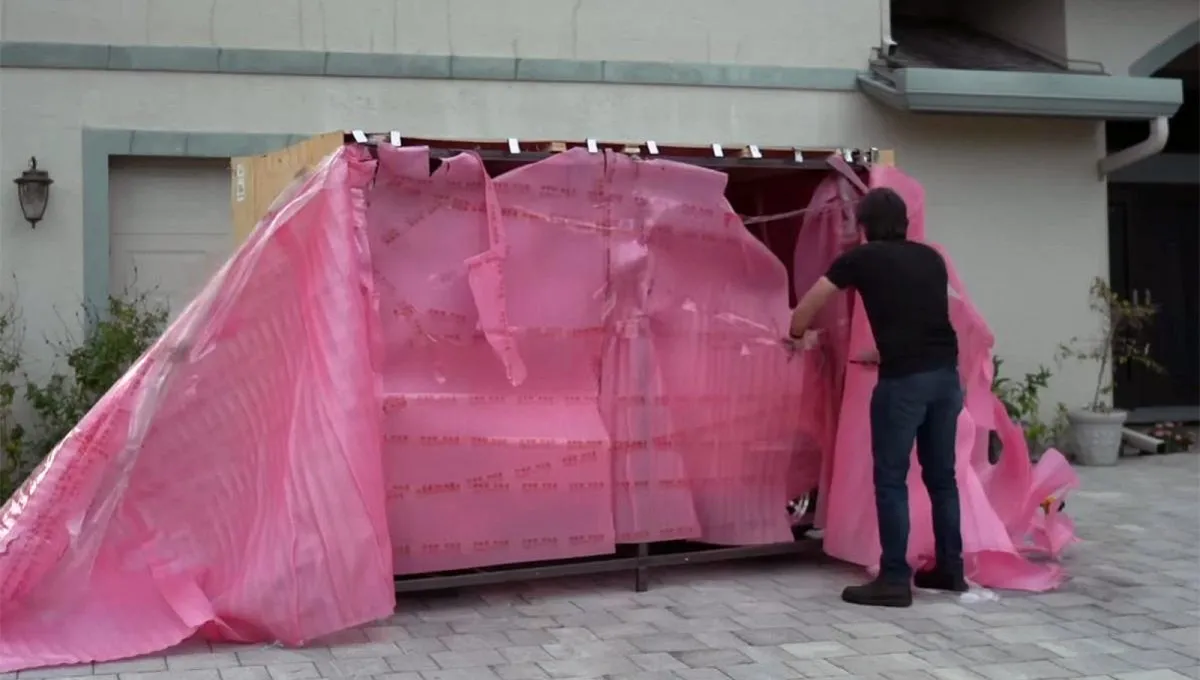
American Man Tests a Tiny Electric Car From China — and Is Shocked by How It Drives
This Chinese EV is smaller than a golf cart.
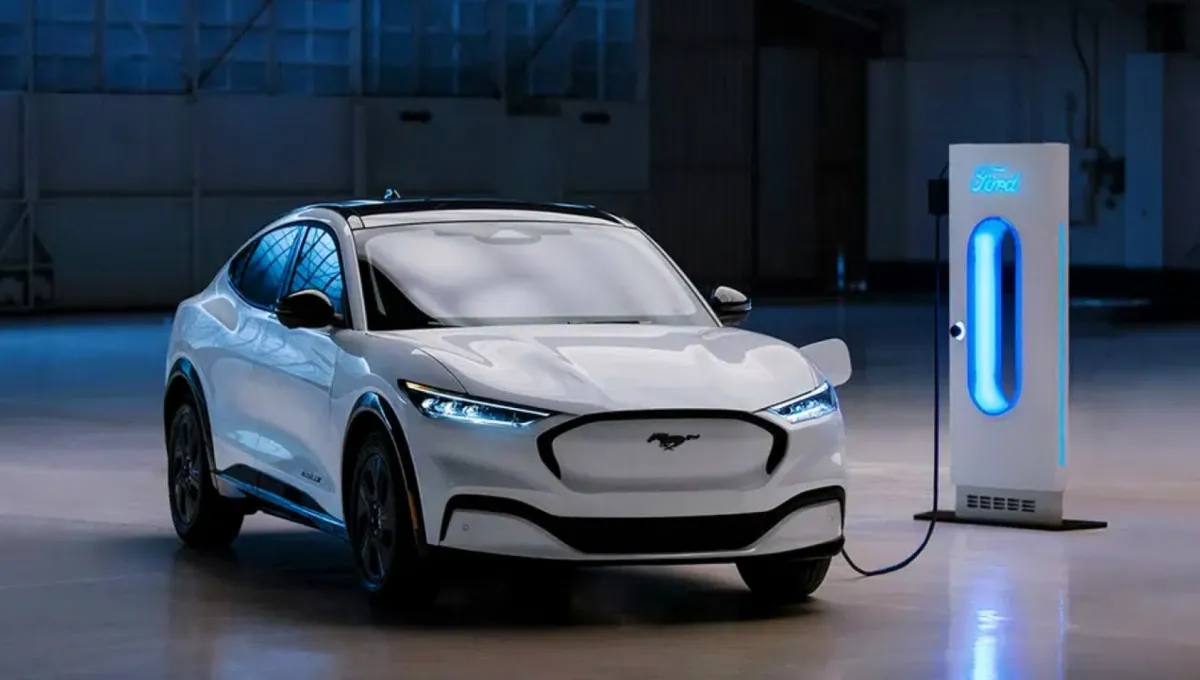
Are EVs Really More Reliable? Owners Are Complaining Less About Their Electric Cars
Analysts take a closer look at how satisfied electric vehicle owners are — and which models rank highest.
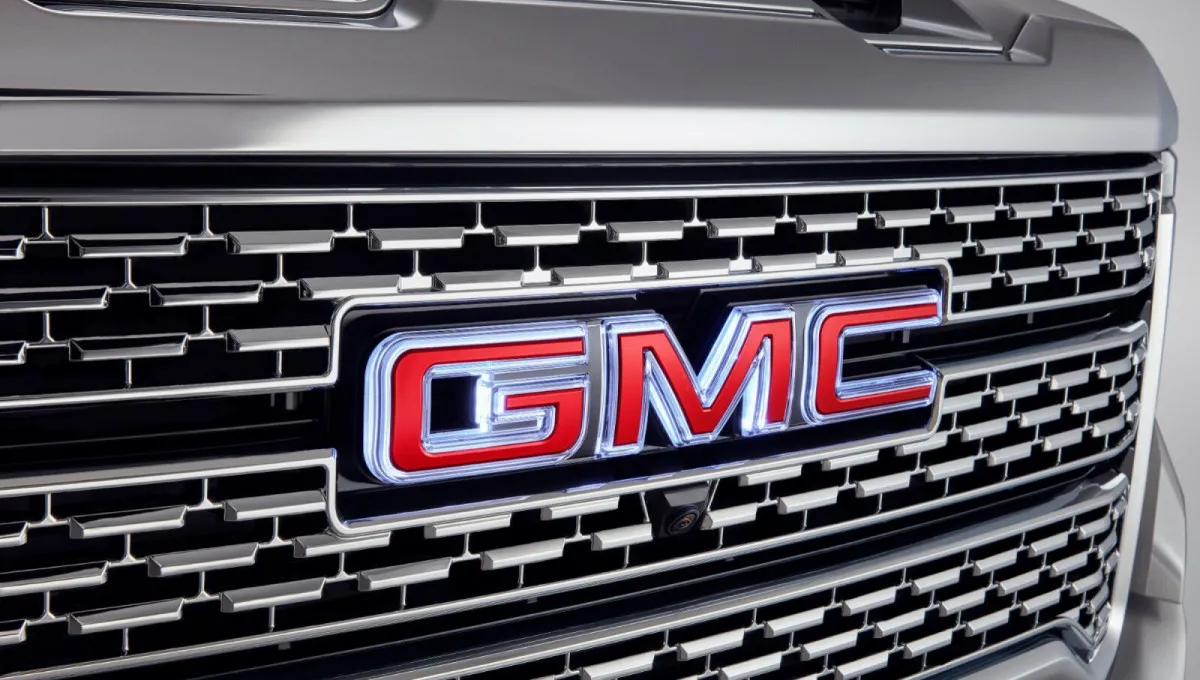
General Motors Bets Big on Pickups With Millions in New Investment
Bigger, newer, and more powerful: General Motors is ramping up investment in pickup truck production. Here’s what we know so far about the company’s plans.
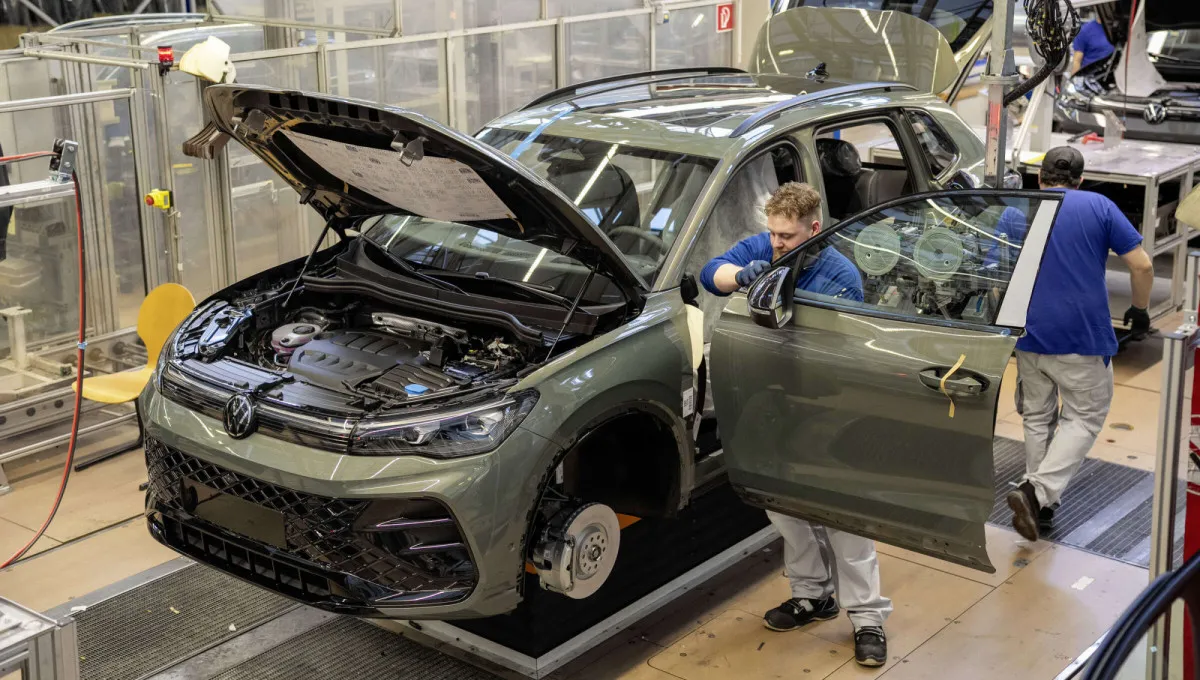
Volkswagen Group May Continue Job Cuts: Press Office Hints at Impact of U.S. Tariffs
Details of the new cost-cutting strategy have not yet been disclosed.
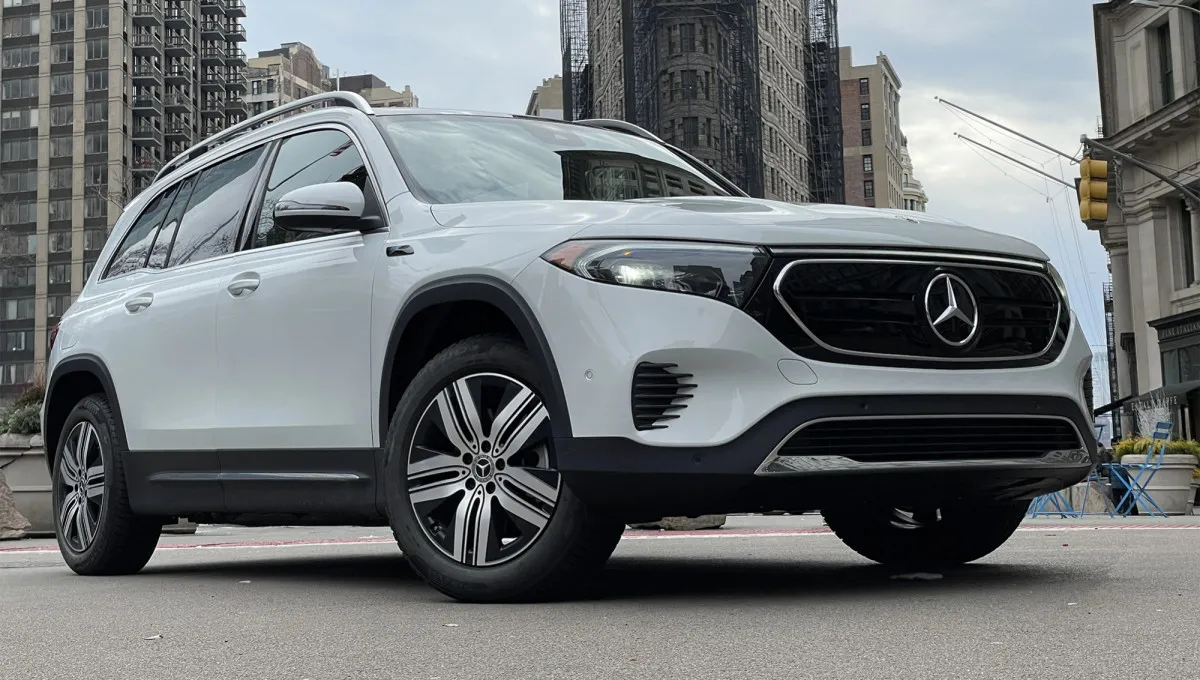
20,000 vehicles recalled by Mercedes-Benz: uncontrolled fire risk identified
Nearly 20,000 Mercedes-Benz EQA and EQB electric crossovers have been found to have issues with their traction batteries.